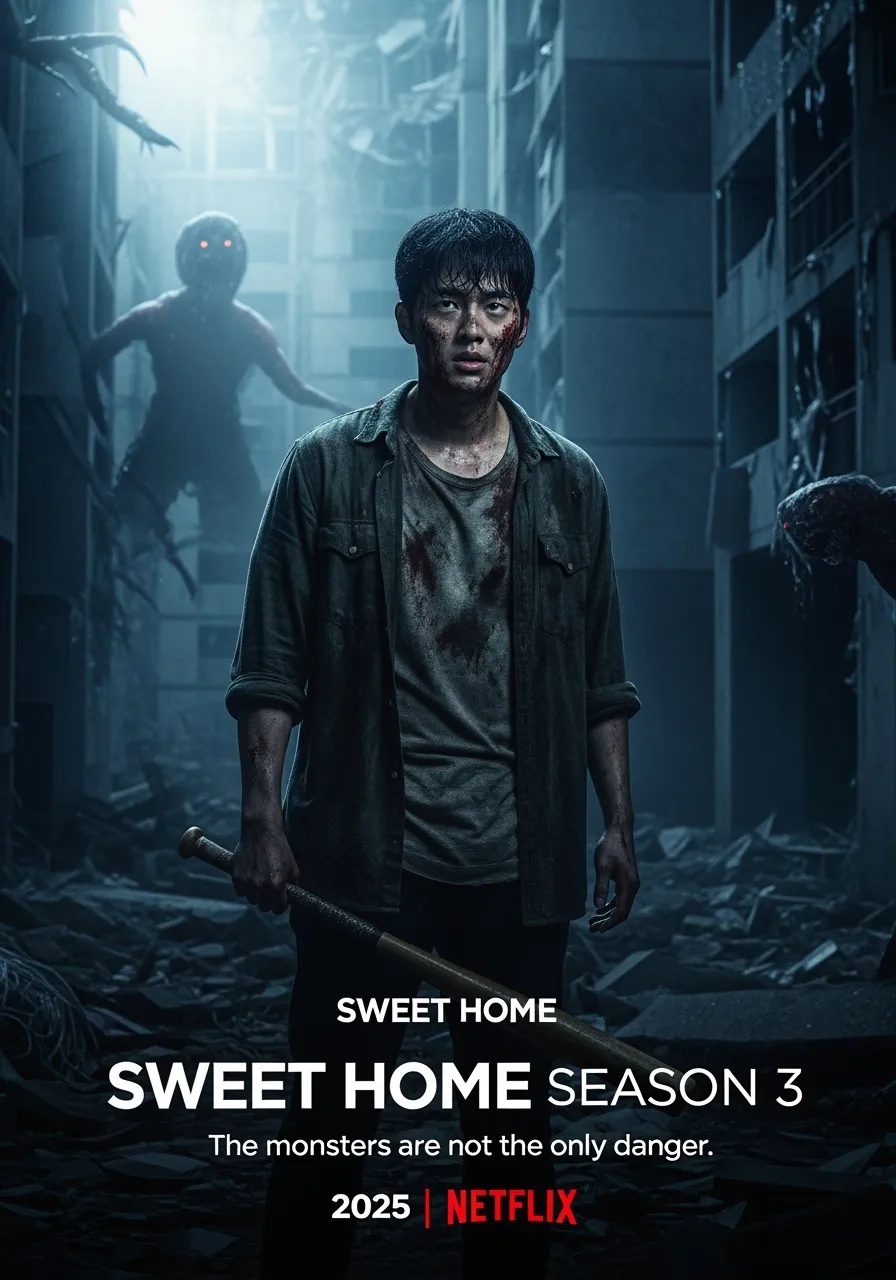I. PLOT OVERVIEW
Eden Lake begins with the promise of a romantic weekend and ends in sheer psychological devastation. Jenny and Steve, a young middle-class couple, drive out to a secluded lake in the English countryside—an idyllic escape from the city, a hidden spot to unwind, dream, and maybe propose.
But the lake isn’t as deserted as it seems. A group of local teenagers, unruly at first, soon turn hostile. What starts with petty vandalism escalates into something far more terrifying. Steve tries to confront them, only to provoke a violent spiral of events that strips away civility, reason, and any notion of safety. Jenny, left alone and hunted, must dig into her primal instincts just to survive—while witnessing firsthand what cruelty looks like when it wears the face of youth.
II. THEMES & PSYCHOLOGICAL IMPACT
Eden Lake is not just a survival thriller. It’s a raw, unflinching examination of violence without purpose, fear of societal breakdown, and the chilling idea that evil doesn’t always come from monsters—it can be taught, normalized, and passed down like a family trait.
At its core, the film explores the loss of control in a world where morality has no foundation. There’s no supernatural threat, no slasher with a backstory. The horror here is painfully real: a group of teenagers desensitized to empathy, raised in an environment of neglect, rage, and revenge. It forces viewers to ask whether evil is born—or bred.
Eden Lake also serves as a quiet indictment of class tension. Jenny and Steve represent middle-class optimism, while the youths embody rage from systemic failure. But the film never glorifies one side—it reveals rot on both ends. When faced with desperation, even "civilized" people are capable of monstrous things.
III. CHARACTER BREAKDOWN
Kelly Reilly delivers a harrowing performance as Jenny. Her arc—from gentle schoolteacher to broken survivor—is one of the most devastating transformations in modern horror. Reilly doesn’t play a stereotypical final girl. She’s intelligent, human, and emotionally complex, making her suffering all the more unbearable. Every scream, every decision, feels agonizingly real.
Michael Fassbender, as Steve, brings charm and calmness early on—but his masculinity, though well-meaning, triggers conflict he can't control. His attempts at reason fail, and his presence—ironically—pushes the violence further.

The group of teens, led by the chilling Brett (played disturbingly well by Jack O’Connell), are terrifying not because they’re exaggerated—but because they’re believable. Manipulative, insecure, performative—each is a byproduct of their environment, and their descent into brutality is shockingly natural.
IV. DIRECTION, STYLE & ATMOSPHERE
Director James Watkins crafts the film like a slow-boiling panic attack. The pacing is methodical, the atmosphere thick with dread. The woods, usually romanticized in cinema, become claustrophobic, twisted. The sun blazes over scenes of horror, offering no comfort. There’s no darkness to hide in—only daylight revealing every wound, every cry.

The cinematography captures the brutality with brutal intimacy. Long takes, minimal score, and realistic sound design make every cut, fall, and scream feel unflinchingly authentic. The violence isn’t stylized—it’s ugly, raw, and dehumanizing, intentionally stripping the viewer of comfort or distance.
V. FINAL VERDICT
Eden Lake is one of the most gut-wrenching horror thrillers of the 2000s—not because of what it shows, but because of what it refuses to sugarcoat. It doesn’t offer closure. It doesn’t provide safety. It forces you to confront the possibility that sometimes, evil isn't a stranger—it’s a product of our own backyard.

The film dares to look at society’s failures, at the consequences of neglect, silence, and broken systems. It’s not an easy watch. It’s not supposed to be. But it’s unforgettable.
Rating: 9/10
A relentlessly grim, emotionally punishing descent into real-world horror. Eden Lake will leave you shaken, furious—and wide awake.
-1751769357-q80.webp)
-1740282288-q80.webp)
-1748427036-q80.webp)

